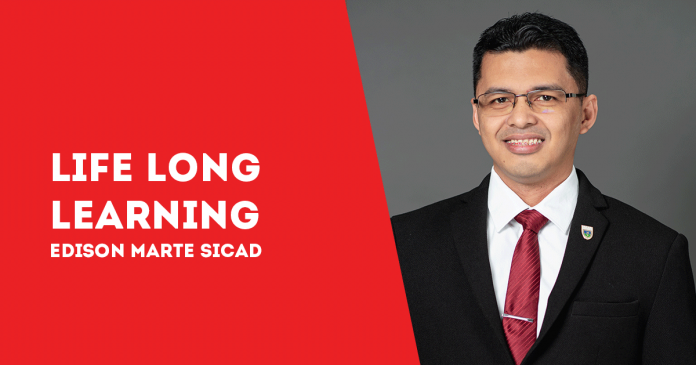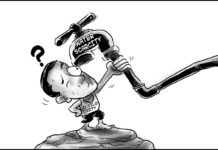
BY DR. JOSE MA. EDUARDO P. DACUDAO
THIS IS ABOUT the negative aspects of Continuing Professional Development and any law or order that requires doctors (and other professionals in general) to attend lectures and other activities for them to renew their licenses.
Some time ago, there occurred the disaster known as Continuing Professional Development (CPD) Act of 2016.
It is a disaster that hides under the flowery words of a lifelong learning process which aims to enhance the competence of the profession by upgrading and updating knowledge and skills for the profession as brought about by modernization, scientific and technical advancements.
In truth and in essence and in concrete terms, it is an expensive and arduous and in many cases impossible burden dumped on professionals that specifically requires them to gain CPD points or units by attending lectures, conferences, and other activities; and failure to obtain these CPD units would mean that their licenses would not be renewed.
It is going to be inevitable that a percentage of the total population of physicians will not be able to satisfy this requirement for various reasons. These will include:
1. Doctors that are presently inactive, or out of touch, or drowning in other work.
Examples: Doctors that for any reason may not have been informed of the lectures. Elderly doctors. Infirm or ailing doctors. Doctors that get chronically sick. Doctors that have gone into business or administration or politics, and so on.
Doctors that go into other fields, such as biology and its specialties, anthropology, journalism, philosophy, the priesthood, religious ministry, and so on. Doctors that have been elected or appointed into government positions. Doctors that have gone abroad. Doctors that have for their own reasons gone into isolation. Doctors that are geographically and physically isolated.
When these physicians for any reason want to return to practice, they will find out that they have been in effect suspended, a punishment that normally is reserved only for criminals. They are not only being marginalized; they are being criminalized.
2. It is going to impose additional hassle, costs, and anxiety to doctors, especially those in isolated rural areas or areas cut off from the grid that have to travel to the cities.
3. There might be doctors who for their own reasons may not desire to attend such lectures.
For instance, some doctors might think it’s a waste of time, energy, and money. A few may think that in principle, forcing people to attend meetings is another layer of central control by a few people who happen to be on top and who impose their decisions without proper consultation or voting.
4. In relation to the above, the ruling is an undemocratic blueprint solution to an imaginary problem that was never voted for by doctors in general, yet whose continuing professional lives will be the ones affected. (To be continued)/PN




